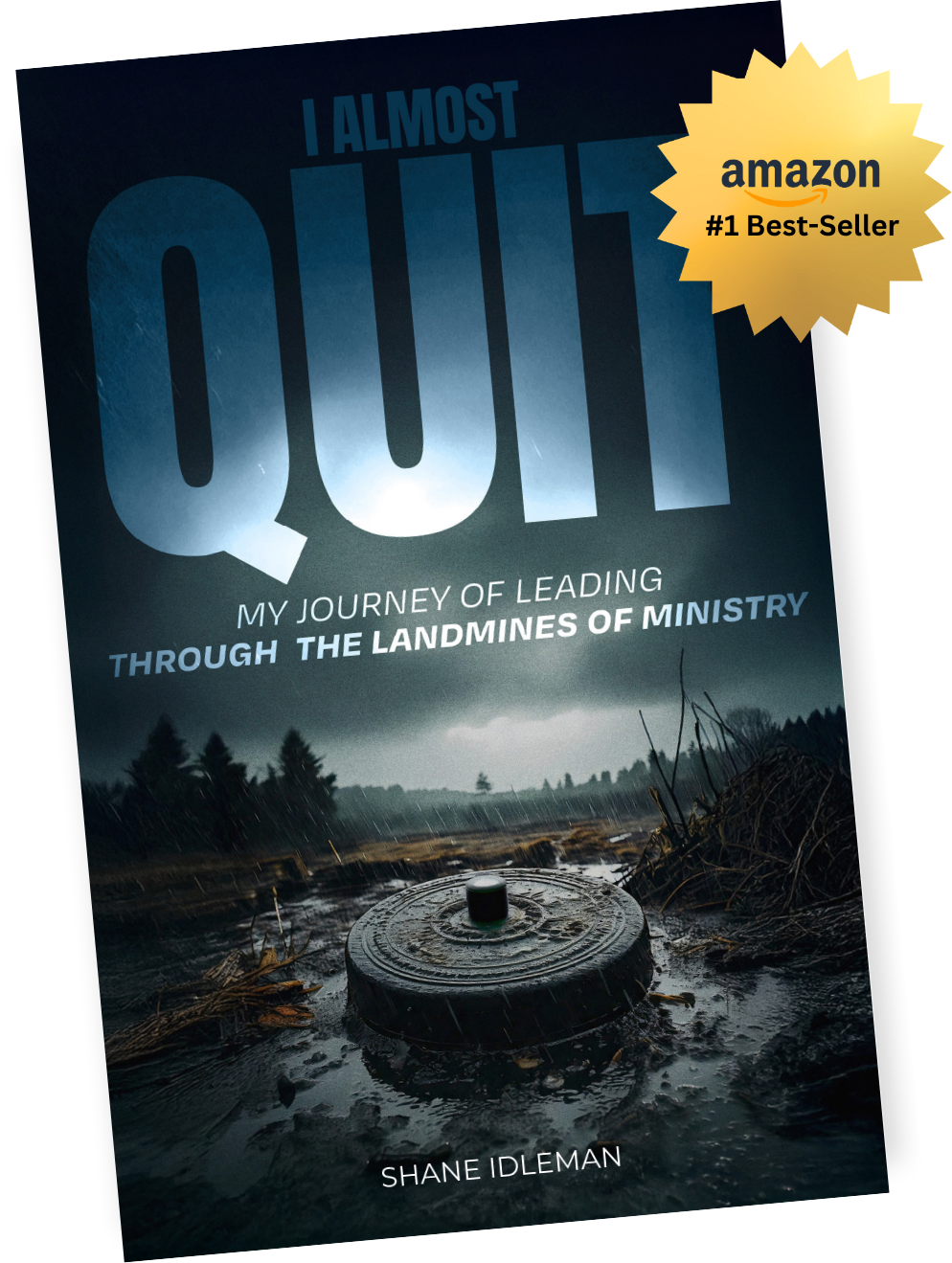Part four in a series on divorce and remarriage.
As I said last week: Every situation is different and some divorces are inevitable, but for the large percentage of those who can rebuild and restore their relationship, two choices are available—to face the pain of discipline, or the pain of regret. Disciplining yourself to do the right thing is hard, but living with the pain of regret is much harder.
These articles are not designed to fully answer the question of when to hold on and when to move on. Ultimately, only you, with God’s help, can answer that question, but it is my desire that the advice will help you make the right decision.
Begin by removing everything that will hinder following God’s lead—wrong relationships, strongholds, addictions, etc.—only obedience to the Scriptures brings healing: “But be ye doers of the word, and not hearers only, deceiving your own selves” (James 1:22).
The next few articles are for those, who by no choice of their own, are separated or divorced, and are wondering if they should hold on for restoration, or move on.
Before making any decision of this magnitude I offer three directives. First, discontinue any relationship that is not God-centered or that may cloud your judgment. I often wonder how many marriages are never restored simply because people immediately become involved in other relationships and don’t wait on the Lord. I cannot stress this enough.
Second, pray, seek godly counsel, and allow God’s Word to direct you—devout sections of your day to reading the Bible, and truly seeking God.
Third, don’t be in a hurry. Restoration is a process. Don’t abort the process because you’re in a hurry. Healing and direction take time and patience. If it took years to damage the marriage, it may take time to rebuild, or for emotional wholeness to be restored.
Perhaps one of the most difficult Scriptures dealing with divorce or separation is found in 1 Corinthians 7:10-11, “Now to the married I command, yet not I but the Lord: A wife is not to depart from her husband. But even if she does depart, let her remain unmarried or be reconciled to her husband, and a husband is not to divorce his wife.”
This clearly states that those who are divorced and/or separated, unless “scripturally released,” should not remarry. I believe that if this Scripture was fully acknowledged it would create more serious consideration before marriage and would be a great deterrent to divorce. There would be fewer divorces without cause and more reconciliations.
Lack of regard for this Scripture has taken us to the other extreme—no fault divorce. However, if the one that left is an unbeliever and shows no desire for reconciliation after a significant amount of time, verse fifteen offers direction: “But if the unbeliever departs, let him depart; a brother or a sister is not under bondage in such cases. But God has called us to peace.”
Even if this is the case, it’s wise to allow a significant amount of time to pass before moving forward. This may reveal if the person left only for a season, or has chosen to leave permanently. A Christian is not under bondage in such cases.
Some even argue that separation is not biblical. A word of caution here: There is not a blanket approach that covers all situations. If a man, or a woman, has not changed, or is unrepentant and arrogant, then separation may need to occur.
I know of people who continually tell their spouses that they’ll stop drinking, or stop committing adultery, but they never change. It’s often not until separation occurs that they are truly broken and finally change.
There are instances when one is scripturally released through adultery and are no longer bound, but the choice to reconcile must be the desire of both. First and foremost, God’s will is that we walk in integrity, follow His principles, and use wisdom during the journey. He will lead you, but in His time.
More points next week.

